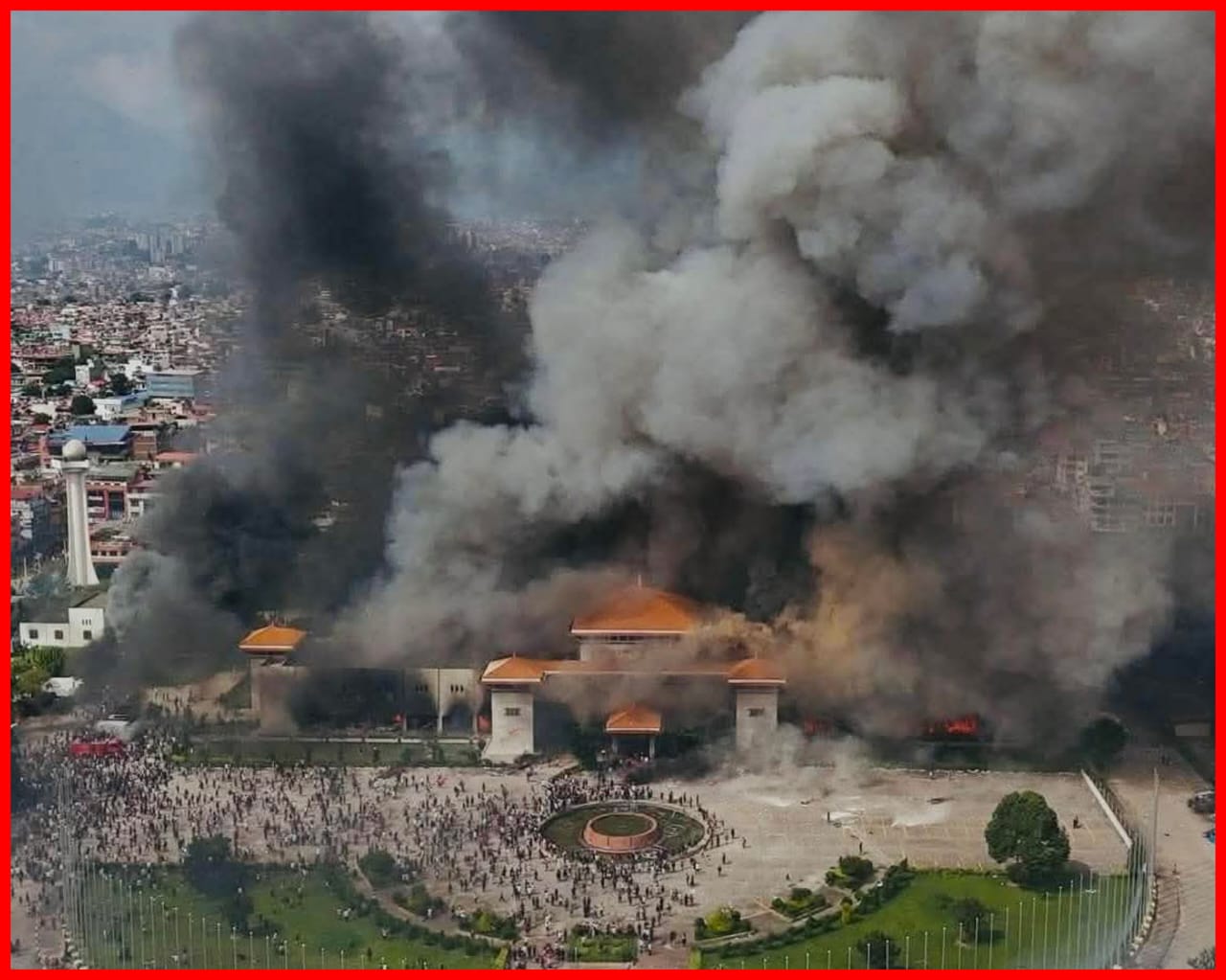
Nepal is facing a severe political and social crisis. Protests that erupted last week against Government ban on social media and widespread corruption have escalated into mass demonstrations, leaving at least 19 people dead and dozens injured.
The movement is being led primarily by the younger generation, referred to as “Gen Z,” who are demanding strict action against corruption and the restoration of freedom of expression.
In response, the government initially launched a heavy crackdown, imposing curfews and deploying security forces who used tear gas, water cannons and even live ammunition against protesters. However, under mounting pressure, the government has now lifted the social media ban.
Prime Minister K.P. Sharma Oli announced his resignation in a national address today, stating that the decision was made to “prevent further unrest in the country.” He also announced compensation for the families of those killed and free medical treatment for the injured.
Meanwhile, curfews remain in place in Kathmandu and surrounding areas. An investigative commission has been formed, tasked with presenting its report within 15 days.
According to political analysts, Oli’s resignation could pave the way for either an interim government or early general elections. However, they caution that Nepal’s deep-rooted issues of corruption and public mistrust will not be resolved quickly.

